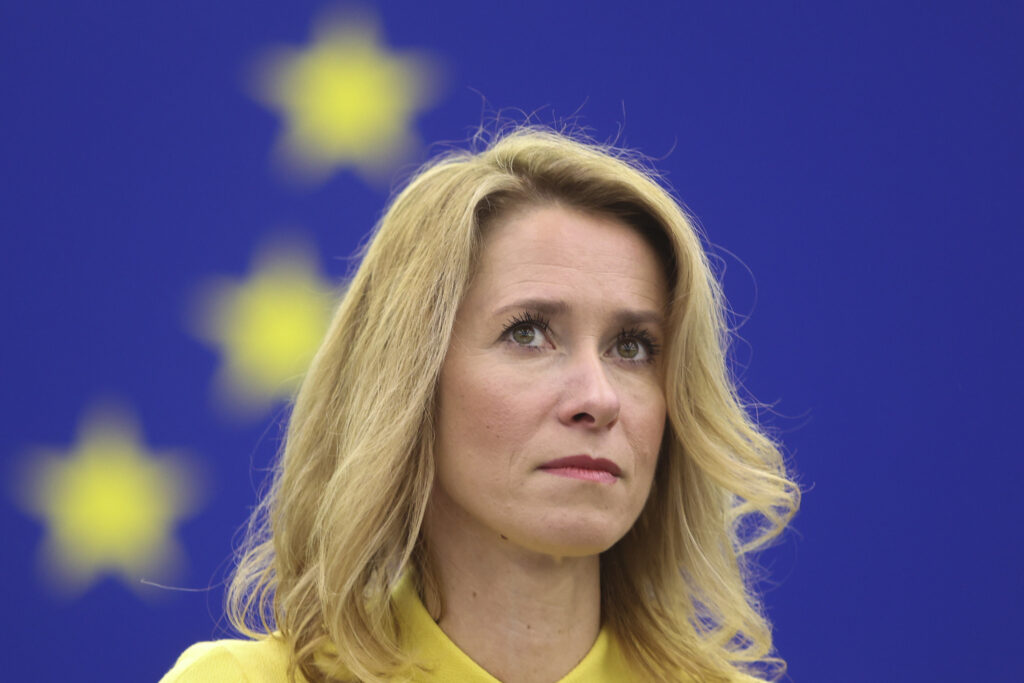The Estonian prime minister, Kaja Kallas, said that in order for NATO and the European Union to help Ukraine, we need to keep providing critical military aid to the country so that the Ukrainians can defend themselves and their freedom.
“Exactly eight years ago, Russia instigated a conflict in Ukraine by violently annexing a sovereign country’s territory. Now, Russia is carrying out a full-blown and brutal attack against Ukraine. We are witnessing a tragic loss of life, destruction and a humanitarian catastrophe caused by Russia,” Kallas said in response to a question, how can NATO and the EU protect Ukrainians.
“Putin must fail. We need to keep up and ramp up our support to Ukraine. We must completely isolate Russia and its co-aggressor Belarus and keep strengthening sanctions to make sure the price of aggression is unbearably high.”
According to Kallas, both the EU and NATO allies have long supported Ukraine and since the beginning of the full-scale war have provided a historical amount of support to Ukraine. “We are in this for the long haul. We will have to exercise strategic patience – this includes consolidating the decisions made in the last weeks and building on them for a policy of smart containment.”
“We need to keep on providing critical military aid to Ukraine, so Ukrainians can defend themselves and their freedom,” the prime minister added.
“As the humanitarian situation is alarmingly deteriorating, we must step up our humanitarian assistance. NATO allies and the EU member states are also hosting millions of Ukrainian refugees. Due to the fundamentally changed security environment in Europe, we need to have important discussion on defence in NATO and also in the EU.”
“Although there is currently no direct military threat to our region, NATO must take a leap now and adapt rapidly to the new security situation. We must move from forward presence to forward defence and from air-policing to air defence,” according to Kallas.
Kaja Kallas will be among the speakers at the NATO-EU Roundtable event in Tallinn from 8-9 April 2022. Read also: How can NATO and the EU protect Ukrainians? and Live updates: Russia’s invasion of Ukraine – reactions in Estonia.

